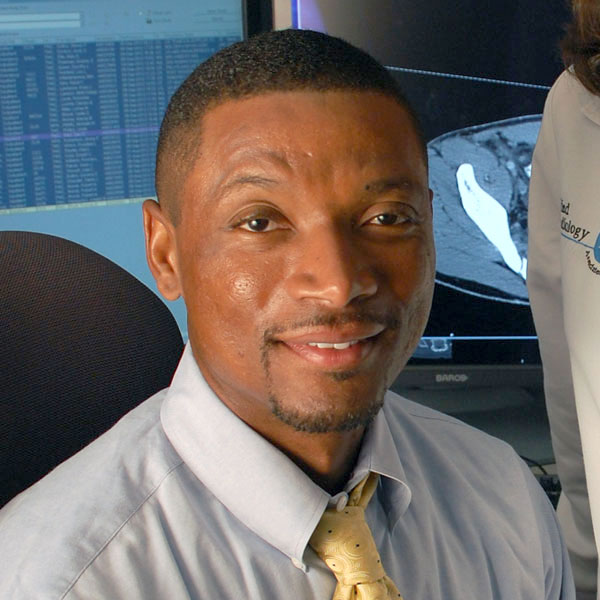PET plus CT (PET/CT) Scan
PET/CT stands for two methods of imaging: positron emission tomography (PET) and computed tomography (CT). The merging of these two imaging methods can detect and evaluate conditions more precisely than if they were performed separately.
Some common uses of a PET/CT include:
- To detect cancer or determine if and/or where cancer has spread in the body
- To evaluate blood flow to the heart, signs of coronary artery disease or heart function
- To assess the brain for tumors and/or memory or seizure disorders
SPECT Scan
A single photon emission computerized tomography (SPECT) scan lets your doctor analyze the function of some of your internal organs. Unlike other traditional imaging tests like X-rays that only show what your internal structure looks like, the detail of a SPECT scan can show how your organs work.
The most common uses of SPECT are to help diagnose or monitor heart problems and brain and bone disorders.
(PET/CT) Scan Locations
How do the procedures work?
Both procedures are considered to be a type of nuclear imaging test, meaning they use a small amount of a radioactive drug (called a tracer) to show differences between healthy and diseased tissue. This substance is typically administered as an intravenous (IV) injection, however, some patients may be asked to inhale it instead. It typically takes 30 to 90 minutes for the substance to travel through your body and be absorbed by the tissue that is being studied and then an additional 30 to 45 minutes for the scan.
Most of the radioactive tracer will leave your body a few hours after your scan once you urinate. However, your doctor may instruct you to drink more fluids to flush it out faster. The remaining traces of the substance will be broken down by your body within a few days.
A radiologist will interpret your exam results and create a report for your doctor who will then discuss the results with you.
Triad Radiology offers (PET/CT) Scans at a variety of locations, including hospitals, imaging centers, and clinics. Contact us if you want to learn more or schedule an appointment.



